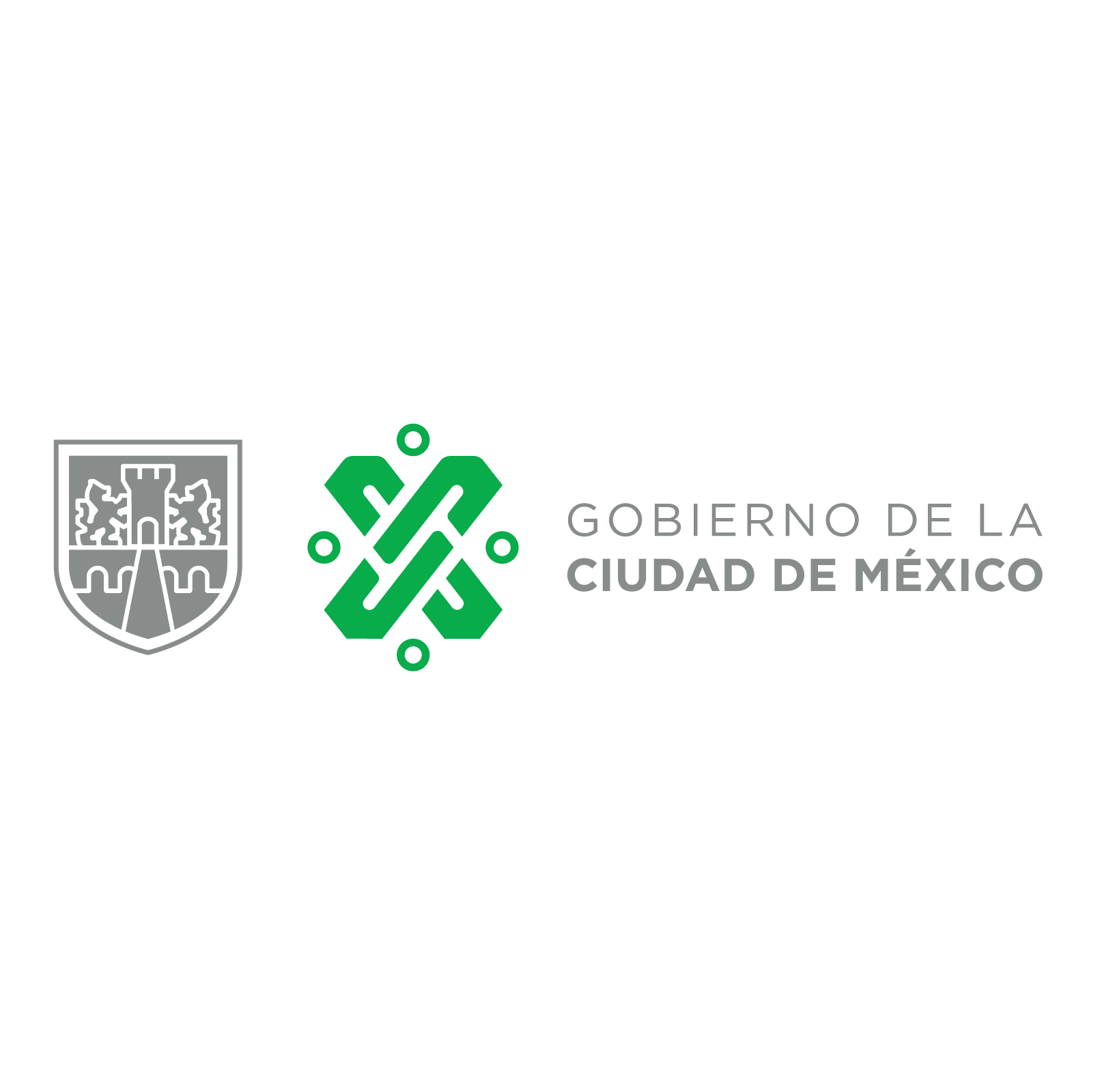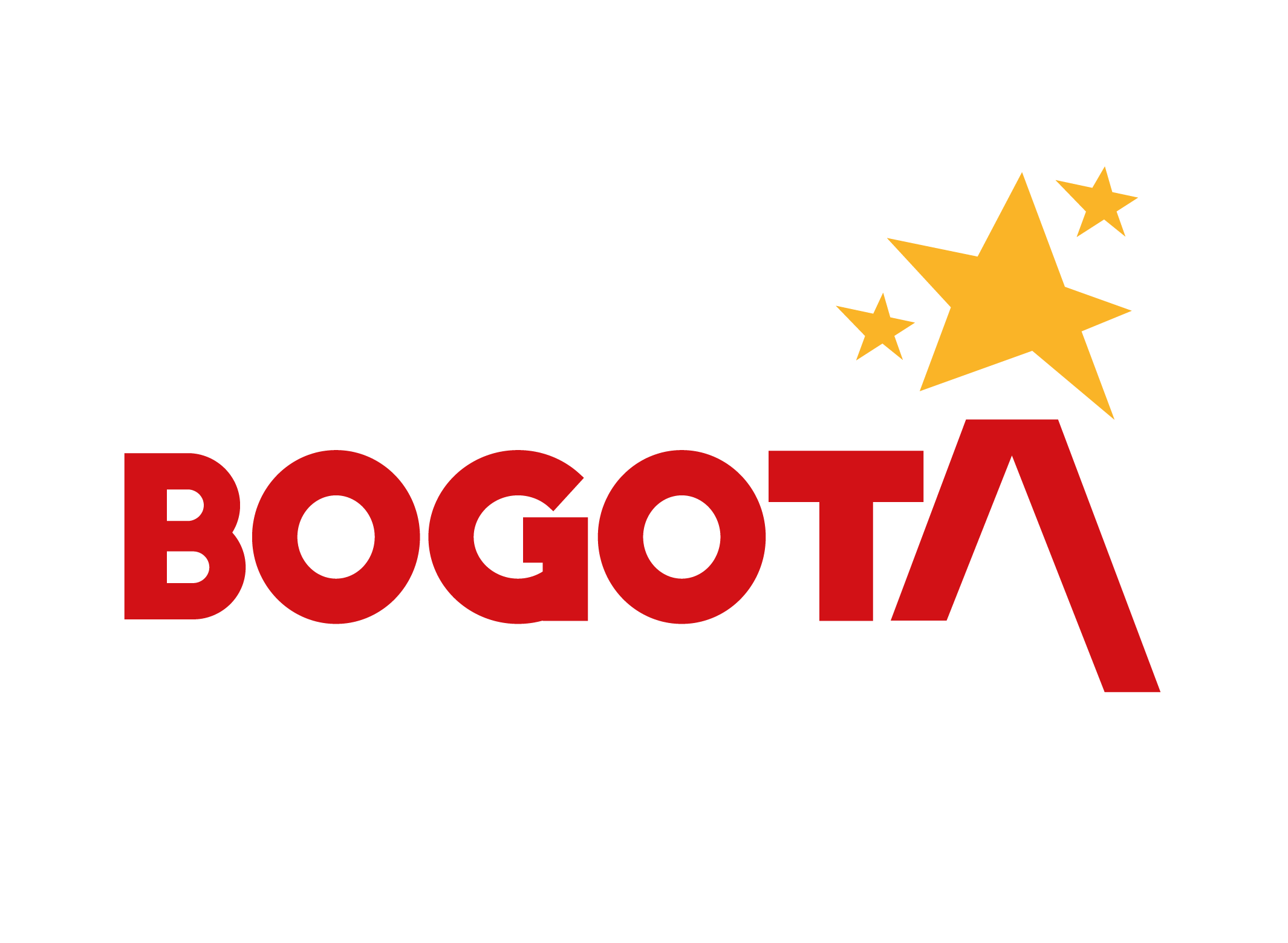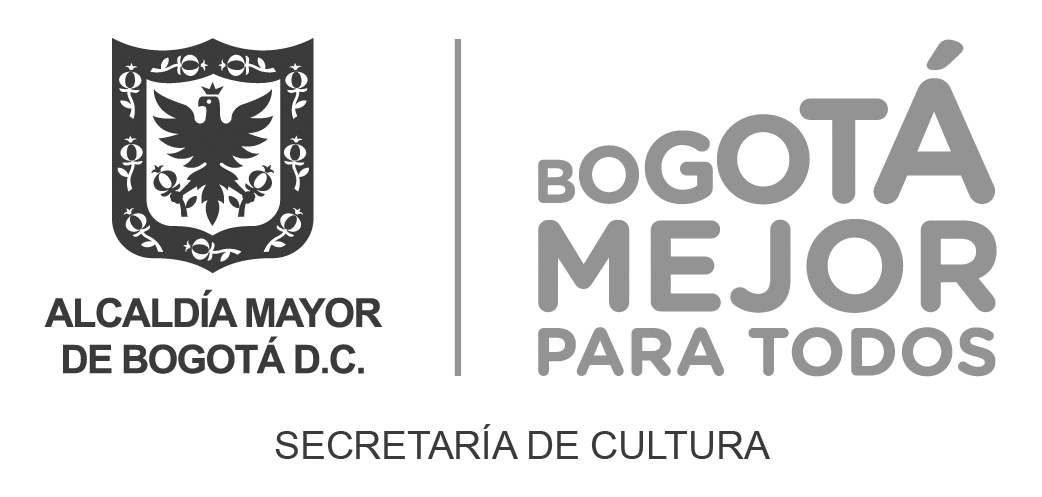You are here
Criteria for best practices
Culture plays a constitutive role in the sustainable development of cities and territories. Culture is both an end and a means. As an end, culture is a driver of the sustainable development of cities, a source of meaning and vitality for citizens, a font of creativity and innovation as well as the key to human development. As a means, culture is an enabler of sustainability thanks to its specific contributions to promoting social equity, inclusive economic progress and environmental balance.
Culture, which we consider the fourth pillar or dimension of sustainable development, encompasses heritage, creativity, diversity and the transmission of knowledge. Culture is intrinsically linked to human rights. Culture has a close relationship with identity, community, education, citizenship, participation and local governance.
The criteria that we have used to select the good practices are the following.
Innovation
The innovative nature of a project facilitates adopting a different approach from conventional approaches in which the ins and outs are known. It takes us from a narrow reflection on a particular problem to a broader reflection which considers more aspects and dimensions. Innovation refers to both contents and topics for development projects as well as processes and methodologies.
Participation
Involvement and participation of citizens in cultural projects is paramount. It is essential for the final recipient of a cultural development project to be an actor from the beginning to the end of the project. Only the mobilization of bottom-up expertise (user / inhabitant / citizen) enables true appropriation of cultural projects.
Sustainability
Local development cannot be conceived of without a sustainable and lasting dimension. Development projects and policies must be designed over time, in the short, medium and long term. This both allows the actions and decisions to be included in global dynamics and to be able to constantly readapt methodological practices and strategic thinking in regard to policies.
Efficiency
The criterion of efficiency is in regard to the production of one or more positive, tangible and intangible impact(s) on the territories and on the populations. The effects of a cultural development project or policy must be measurable in terms of objectives determined by initially established diagnostics.
Transversality
The adoption of a transversal approach to a problem may combine different issues with different methodologies and different actors of society. Transversality thus favors the co-construction and co-implementation of cultural projects and includes them in the dynamics of exchange and shared responsibility.
Reproducibility
Local development projects, actions and policies must be at least partially reproducible or transferable. Fully explaining contexts is essential to understand a good practice and for this reproducibility to be possible.


















